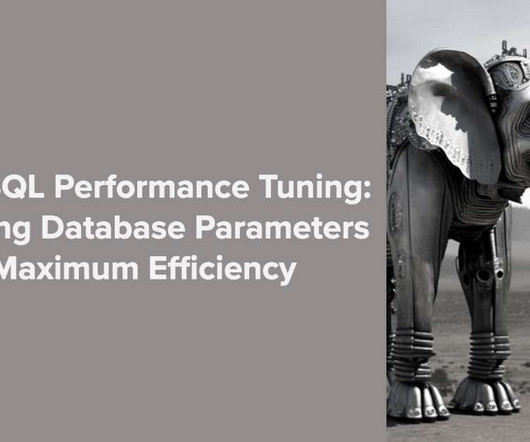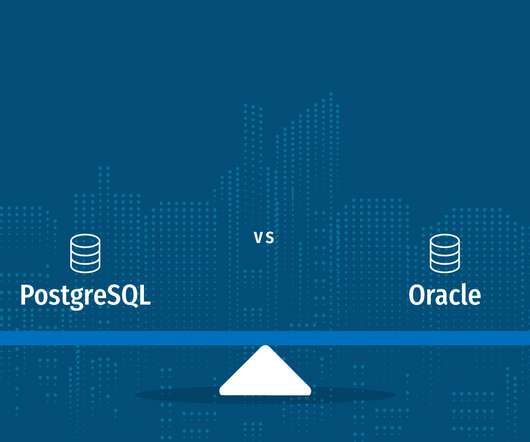PostgreSQL Performance Tuning: Optimizing Database Parameters for Maximum Efficiency
Percona
MAY 1, 2023
This blog was originally published in August 2018 and was updated in May 2023. Out of the box, the default PostgreSQL configuration is not tuned for any particular workload. It is primarily the responsibility of the database administrator or developer to tune PostgreSQL according to their system’s workload.












Let's personalize your content